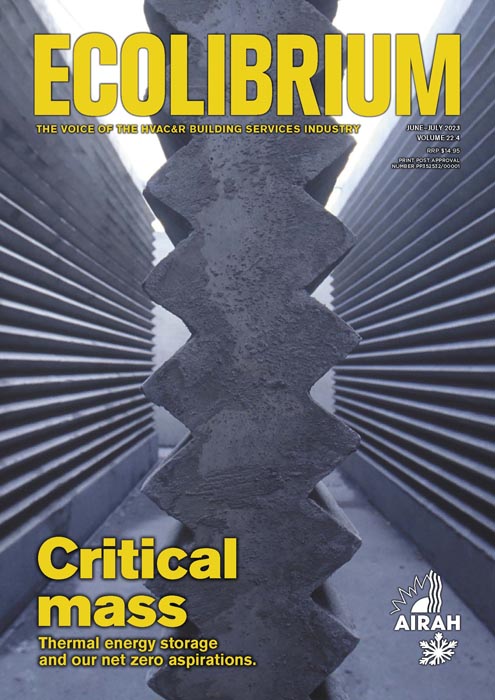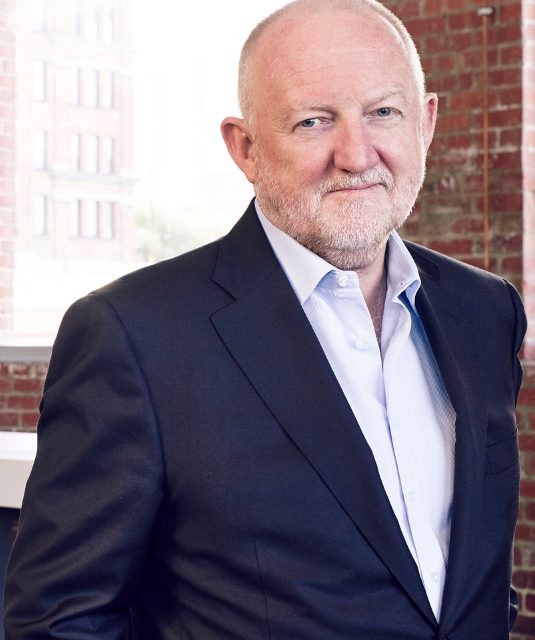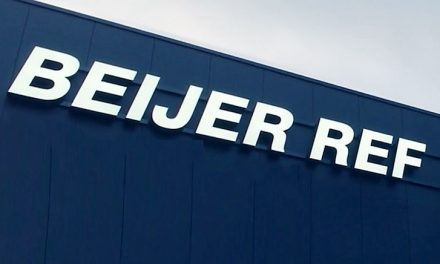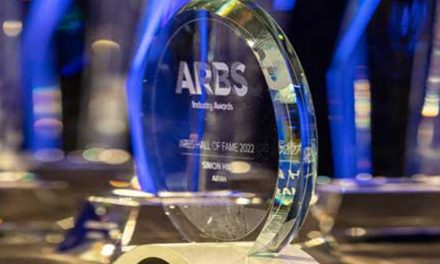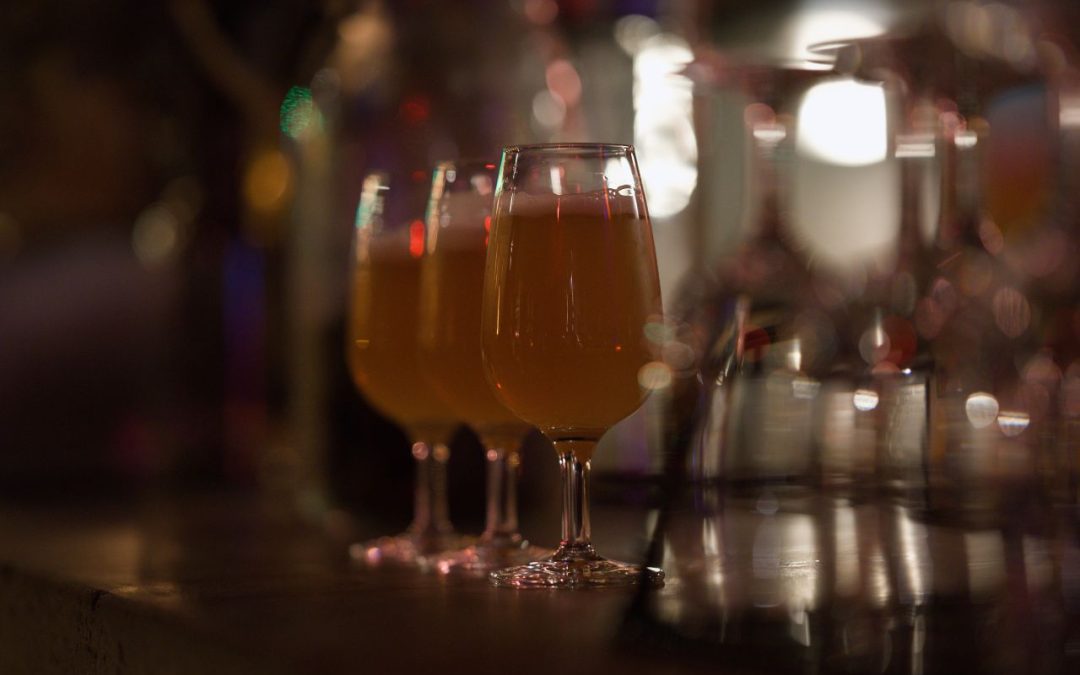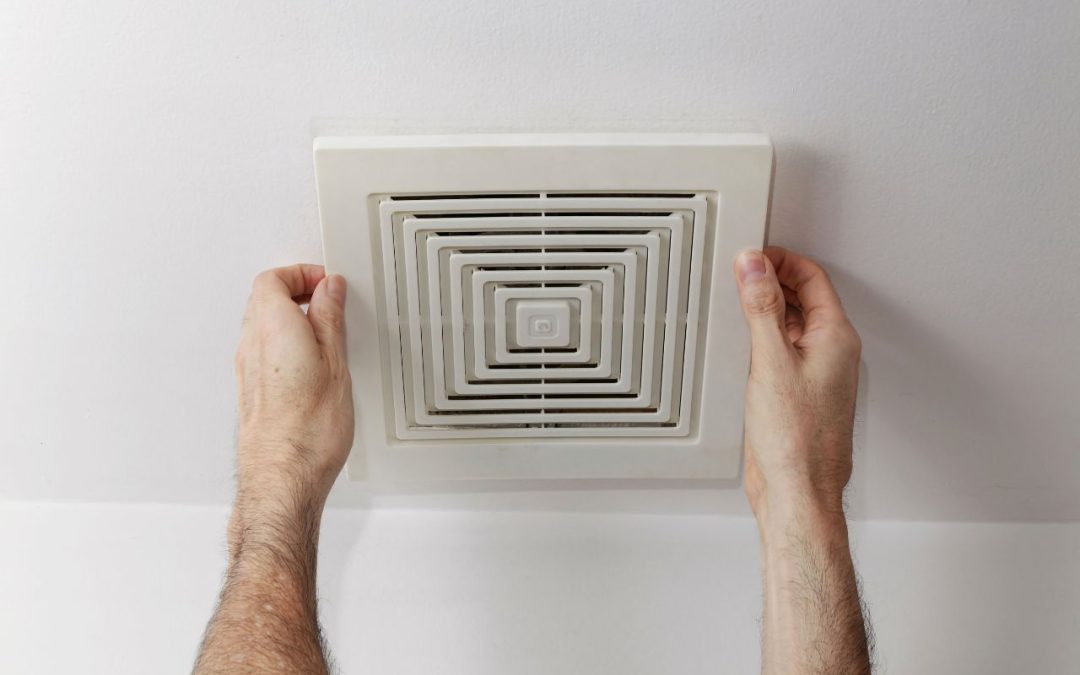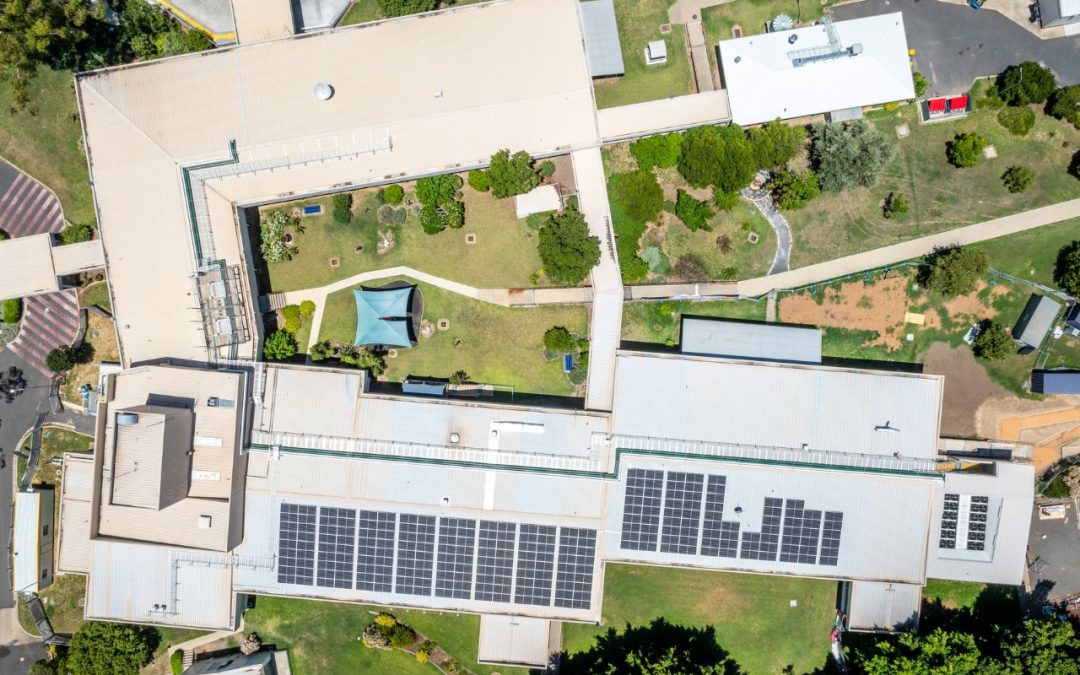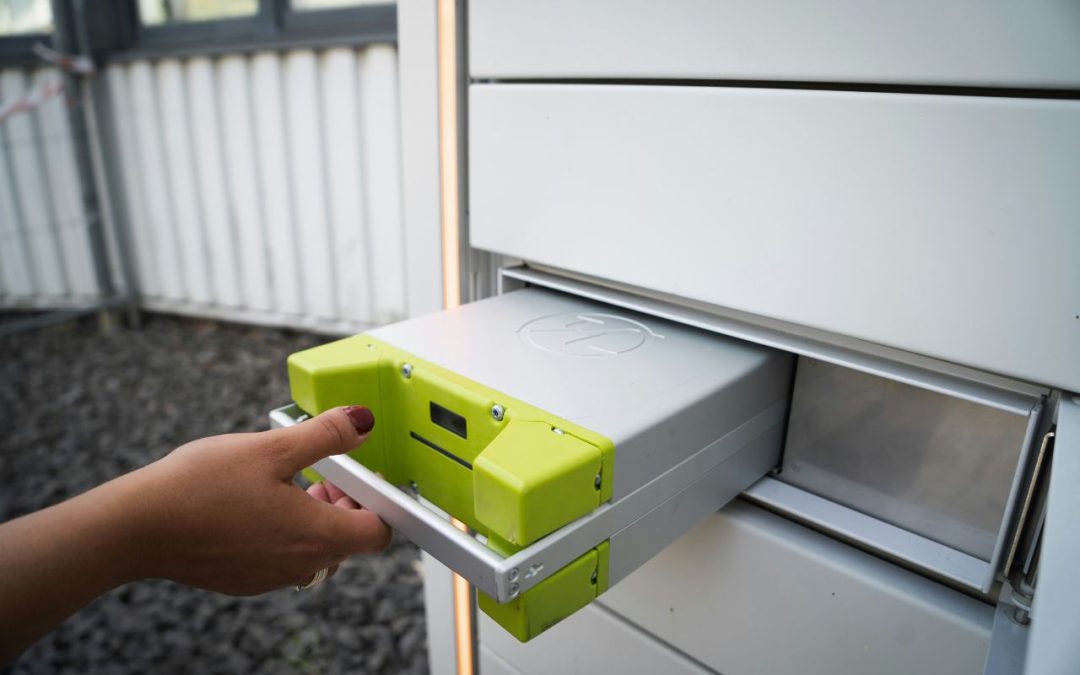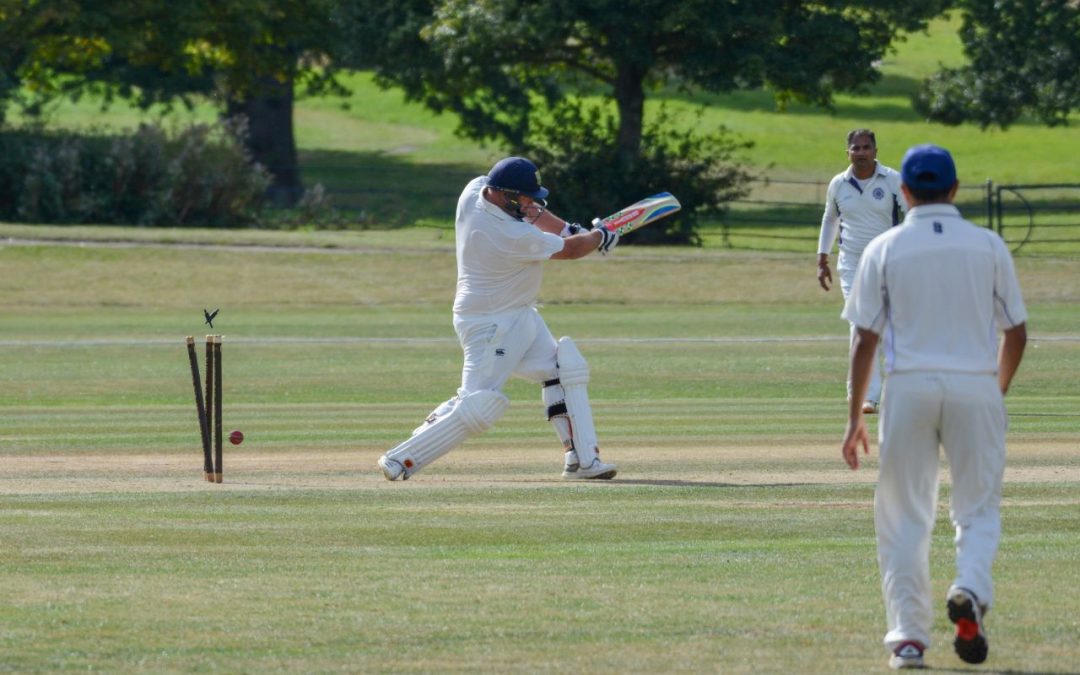Professor Tony Arnel has been honoured with a Life Fellowship from the Energy Efficiency Council.
The Life Fellowship, announced at the National Energy Efficiency Council Awards on Wednesday 24 May 2023, was established in 2017 to recognise the outstanding contribution of individuals to the Energy Efficiency Council and those who have played a decisive role in the development of the sector.
Mr Arnel served as the Council’s president for nearly six years, from December 2014 to June 2021. During this time, the Council’s profile, reputation, influence and membership grew substantially.
The independent panel that selected Mr Arnel for the honour noted his “undisputed” contribution. “As the Council approaches the end of the second three-year strategy developed under Tony’s presidency, energy efficiency and demand side management are now viewed as critical to the successful delivery of energy policy in Australia,” the panel said. “It is clear that the Council is well positioned to substantially increase its impact and relevance in the next few years.”
Accepting the honour, Mr Arnel paid tribute to the Energy Efficiency Council’s Board of Directors, leadership team and members for their sustained effort to “push energy efficiency into the spotlight” and to “secure a seat at the table with the nation’s most influential advocates and industry associations”.
Over his distinguished career, Mr Arnel has worked in a variety of positions in state and capital city government, the private sector and academia. He is currently Industry Professor in the Faculty of Science, Engineering and the Built Environment at Deakin University, and Chair of the university’s Engineering Advisory Board.
Mr Arnel is President of Australia’s air conditioning, refrigeration and building services trade exhibition, ARBS, and a Director of Forest and Wood Products Australia. He is also a former chair of the Green Building Council of Australia and World Green Building Council.
Mr Arnel has previously been awarded life fellowships of the Green Building Council of Australia and the Australian Institute of Architects.
